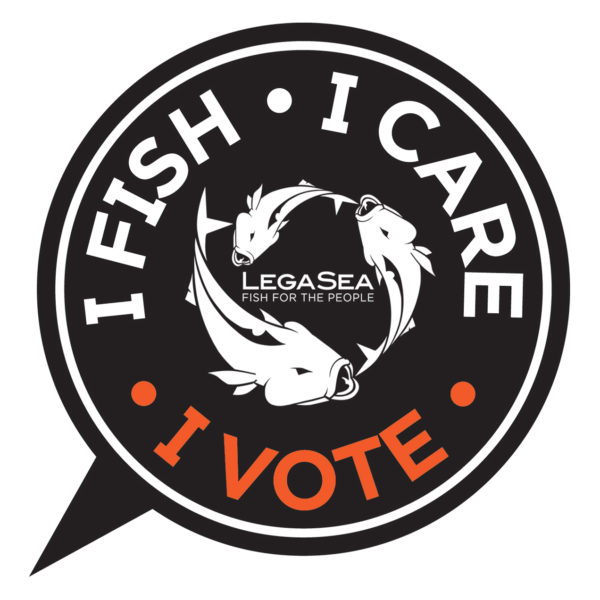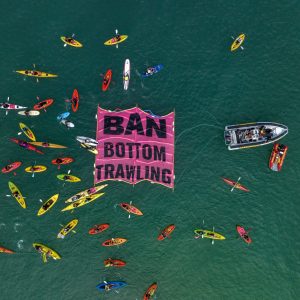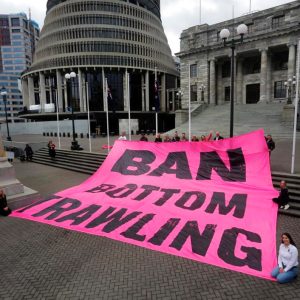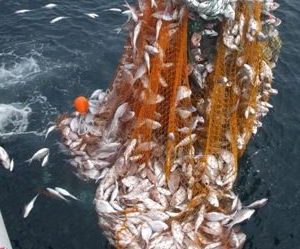Serious concerns have been raised after revelations that some donations to political parties are going unreported. The spotlight has been on New Zealand First Party in particular due to its funding by the New Zealand First Foundation. Of broader concern is the influence that donations may be having on policy and decision making.

LegaSea’s research shows that a vast majority of New Zealanders think fishing industry donations to Parliamentarians at the last election have the potential to strongly influence MPs’ decisions.
Radio New Zealand has reported secret donations to the New Zealand First Foundation by Talleys, one of the biggest fishing companies in Aotearoa. Talleys and its managing director, Sir Peter Talley, donated nearly $27,000 to the Foundation between 2017 and 2019. Those donations were made in various amounts below the threshold requiring declaration. The Foundation has been bankrolling the New Zealand First Party.
Most conversations around policy is like eating hay, pretty dry matter. In a fisheries context policy settings are everything, because they are the basis for government action. So in 2017 we rated each political party’s fisheries policy according to their alignment with the five policy planks in our Fisheries Manifesto.
Our I Fish. I Care. I Vote campaign sought a commitment from each party for an inquiry into fisheries management and the Quota Management System. We rated 10 party policies and four supported an inquiry, they were the Greens, NZ Outdoors, the Maori Party and New Zealand First. United Future and Labour indicated some interest, while ACT, Mana and the TOP party did not respond to our enquiries.
There is growing public support for removing trawling, seining and dredging from inshore waters. The same four parties that backed an inquiry into the QMS also agreed to banishing industrial fishing from sensitive inshore areas.
The Green Party, NZ Outdoors and NZ First also strongly supported managing our fish stocks at higher levels, at around 50% of unfished stock size, to ensure there were more fish in the water.
In 2017 when the coalition government was formed there was hope that we would achieve, at a minimum, progress in three areas of mutual concern to NZ First and the Greens – an inquiry into the QMS, banning industrial fishing inshore and a higher stock management target.
Three years on and the trifecta of ruling parties, Labour, Greens and NZ First have not delivered on any of these promises. You have to wonder why.
All political parties might want to revisit their commitments given that independent research shows that 70 percent of New Zealanders think fisheries need to be reformed to ensure there is an abundant fishery.
This support spans the political spectrum, so no party can be complacent when it comes to assuming voter support.
As these parties gear up for the September election we all need to hold our MPs to account for past promises. We also need to turn the spotlight onto reasons why, because despite the promises we still have depleted fisheries and management decisions that fail to restore our marine environment to a healthy state.





